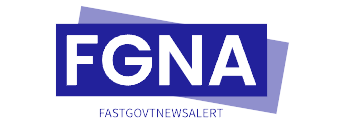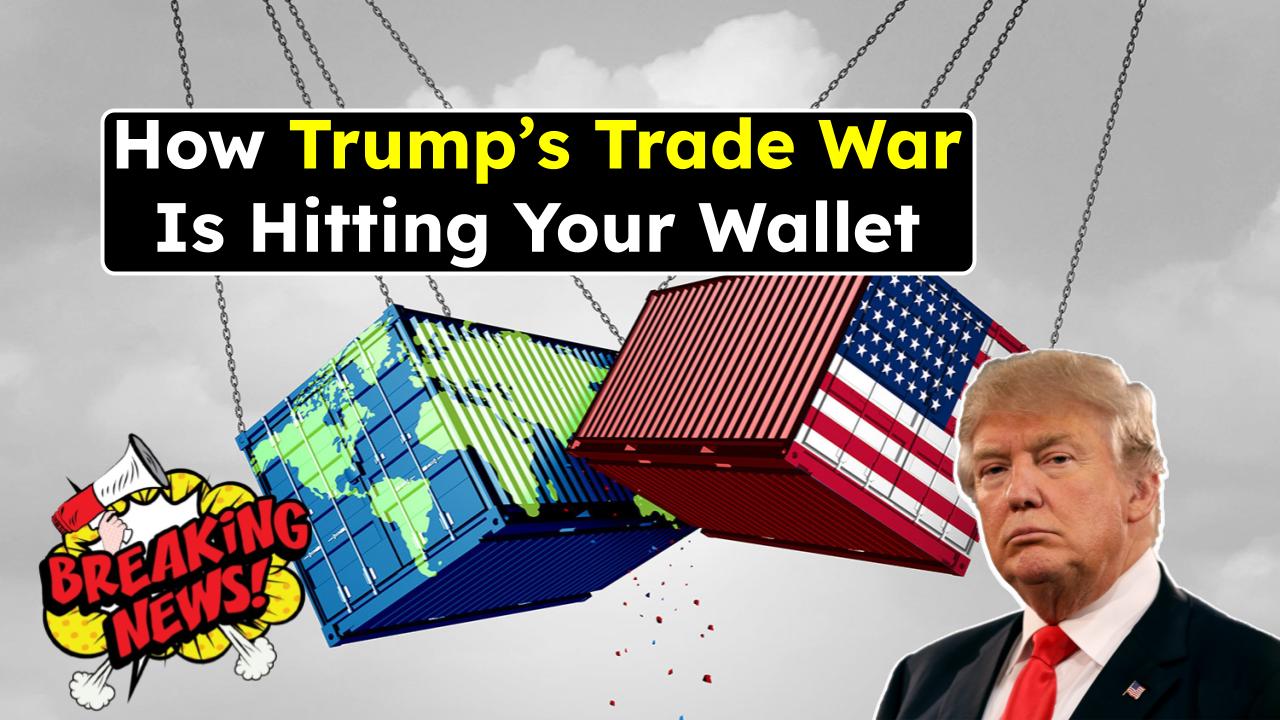The digital services tax Canada officially rolled out in June 2025 and has sparked political fire across the border. The law imposes a 3% levy on digital revenues earned from Canadian users, primarily targeting U.S.-based tech giants like Google, Amazon, and Meta. This move hasn’t just stirred businesses—it’s rattled diplomacy too. Donald Trump abruptly cut off trade negotiations with Canada, citing the digital tax as unjust and anti-American.
Here’s what’s happening, who it affects, and why it matters.

What Is the Digital Services Tax Canada Introduced?
The Digital Services Tax (DST) is designed to ensure foreign tech companies generating large profits in Canada also pay fair taxes here. It applies to businesses with:
- €750 million or more in global revenue
- $20 million or more in annual digital revenue from Canadian users
The tax, retroactive from January 1, 2022, covers:
- Digital advertising
- Online marketplaces
- Streaming platforms
- User data monetization
Read Also: How Tariffs Are Driving Up Everyday Costs in Canada
This tax affects major platforms like Facebook, Instagram, Amazon, and Apple, all of which profit from Canadian users without paying significant taxes locally—until now.
Why Did Donald Trump Canada Headlines Blow Up?
Donald Trump Canada became a headline frenzy after the former President declared that trade talks with Canada were “suspended indefinitely.” He argued that the digital tax Canada enacted was discriminatory and unfair to U.S. businesses.
“Only America should be allowed to tax American firms,” Trump stated in a June 2025 press conference.
This followed earlier action from the U.S. Trade Representative, who filed disputes under CUSMA. The U.S. estimates the tax will cost American companies over $2 billion annually.
How Are Companies Like Google Responding?
Google has already added a 2.5% DST Fee for ads served in Canada, effective since October 2024. Canadian advertisers are now paying more for the same reach, passing the burden of the tax to smaller businesses.
Meta, Amazon, and others have begun lobbying both Canadian and American lawmakers to reverse or renegotiate the tax.
Read Also: New Income Tax Bill 2025: Everything You Need to Know
What Are the DST Requirements and Penalties
Companies liable under the DST were required to:
- Register with the CRA by January 31, 2025
- File their DST return by June 30, 2025
Penalties include:
- A $20,000 yearly fine for failure to register
- A 5% penalty on unpaid taxes
- 1% monthly interest, for up to 12 months
So far, over 500 companies have registered, and 100+ are expected to pay DST.
Read Also: Canadian Inflation Hits Lowest Level in 4 Years
Is the Digital Tax Canada Imposed Fair or Problematic?
The Canadian government insists the DST is about fairness and sovereignty. But not everyone agrees.
The Canadian Chamber of Commerce and U.S. business groups have pushed back, warning it could:
- Hike up consumer prices
- Undermine Canada-U.S. trade relations
- Violate trade agreements
Despite backlash, Finance Minister François-Philippe Champagne reaffirmed:
“The DST is in force and it’s going to be applied.”
Read Also: Canada Grocery Rebate 2025 – Who’s Eligible?
Are Other Countries Doing the Same?
Yes. Canada’s not alone in taxing tech revenue:
- France enacted a DST in 2019
- UK, India, Italy, and others followed
- The U.S. has responded with tariff threats or retaliatory actions
Note: France’s DST was recently challenged in the Constitutional Council, signaling that legal pushback is possible worldwide.
What’s Next for Digital Services Tax Canada?
For now, Canada remains firm on the DST. But as Donald Trump escalates pressure, renegotiation may eventually be on the table.
Canadian tech companies, small businesses, and advertisers must now navigate this new cost layer, while U.S.-Canada relations face one of their biggest digital-era challenges.
FAQs About the Digital Tax Canada
What is the digital goods tax in Canada?
It refers to GST/HST on digital products like apps, streaming services, and eBooks.
Is SaaS taxable in Canada?
Yes. Software-as-a-Service is fully taxable under GST/HST rules.
Does Google charge GST in Canada?
Yes. GST/HST is added to Google Ads and other services based on province.
What is the digital services tax in Canada?
It’s a 3% tax on digital revenues over $20 million earned from Canadian users by companies with €750M+ global revenue.
Why did Donald Trump react strongly?
He believes it unfairly targets American tech firms and responded by pausing trade talks with Canada.
















